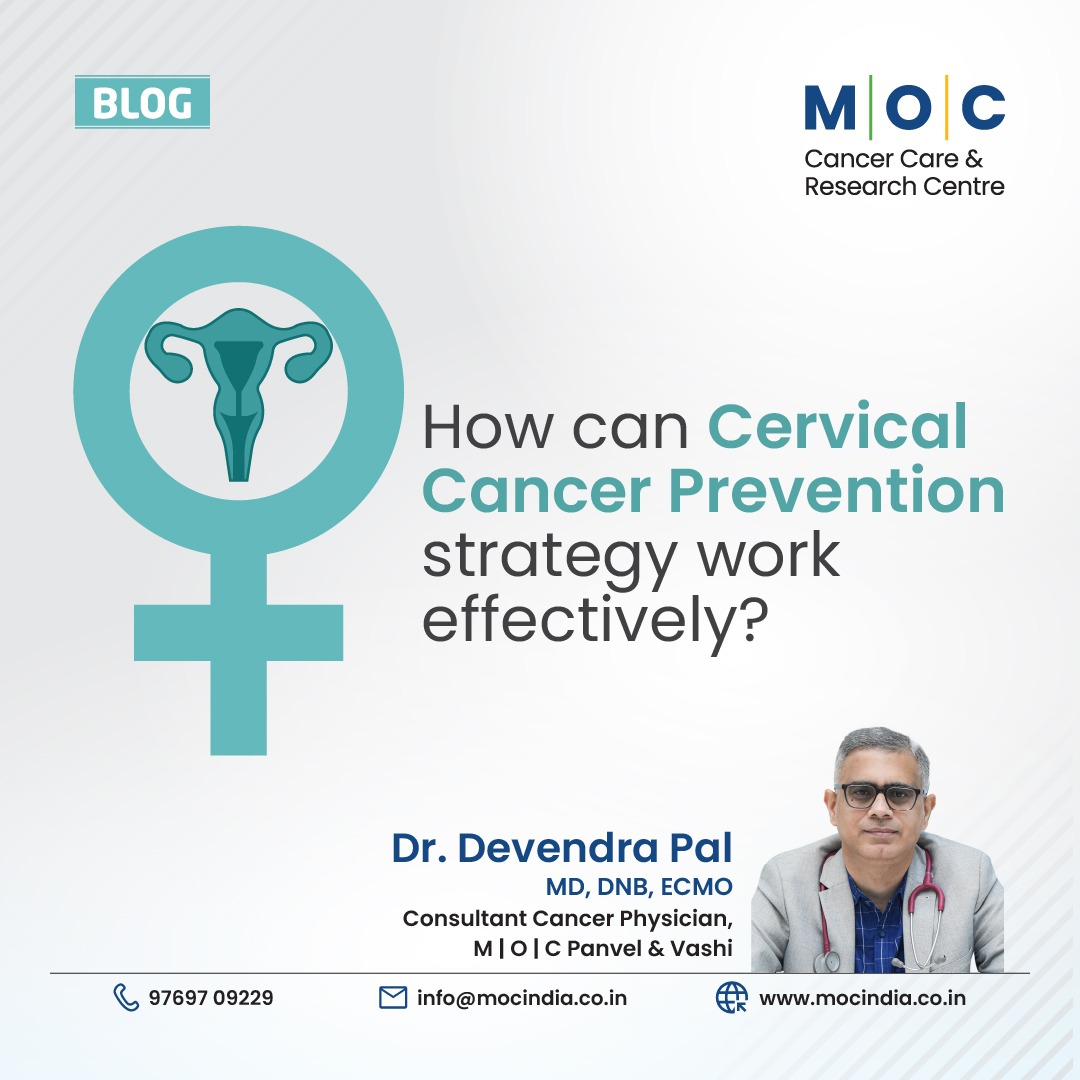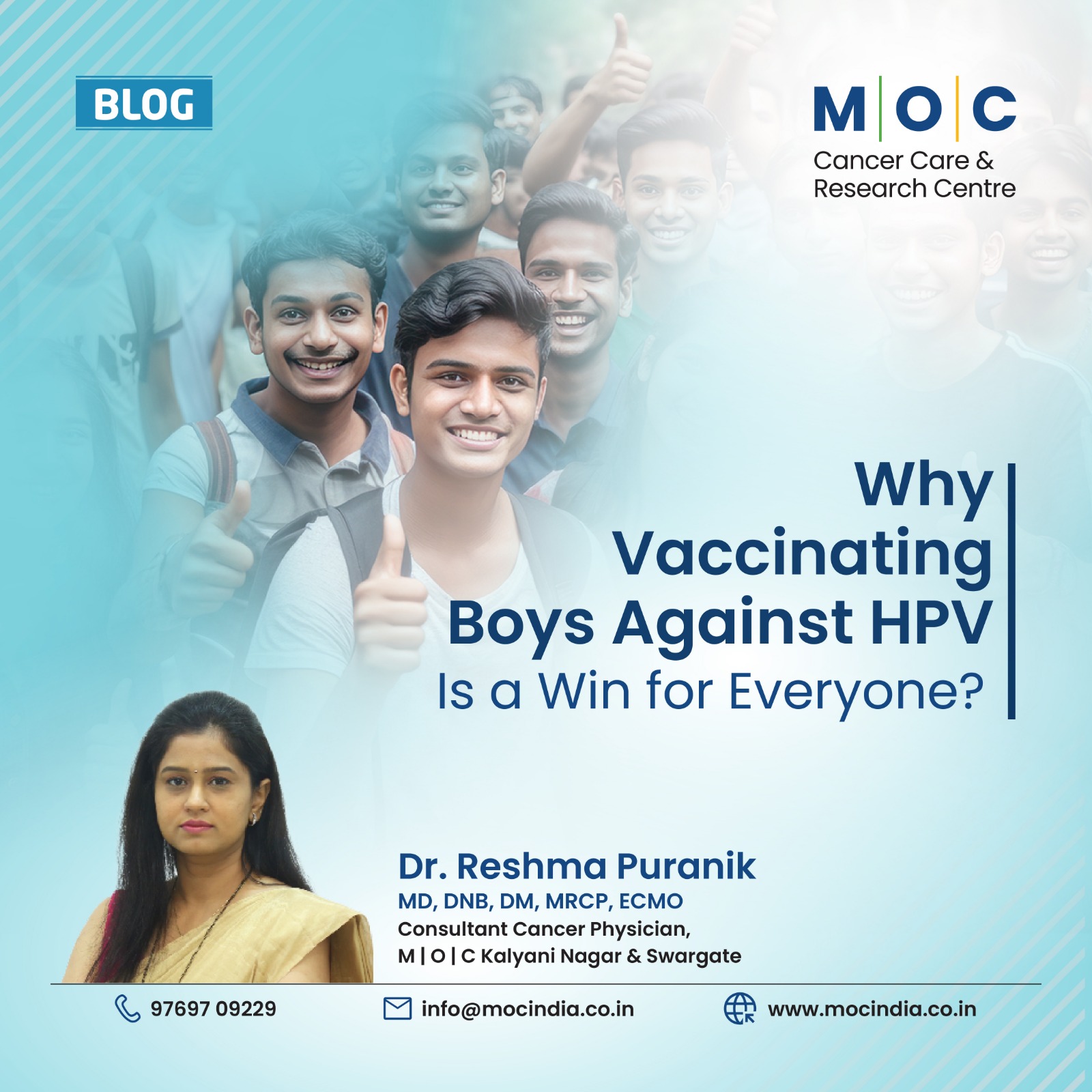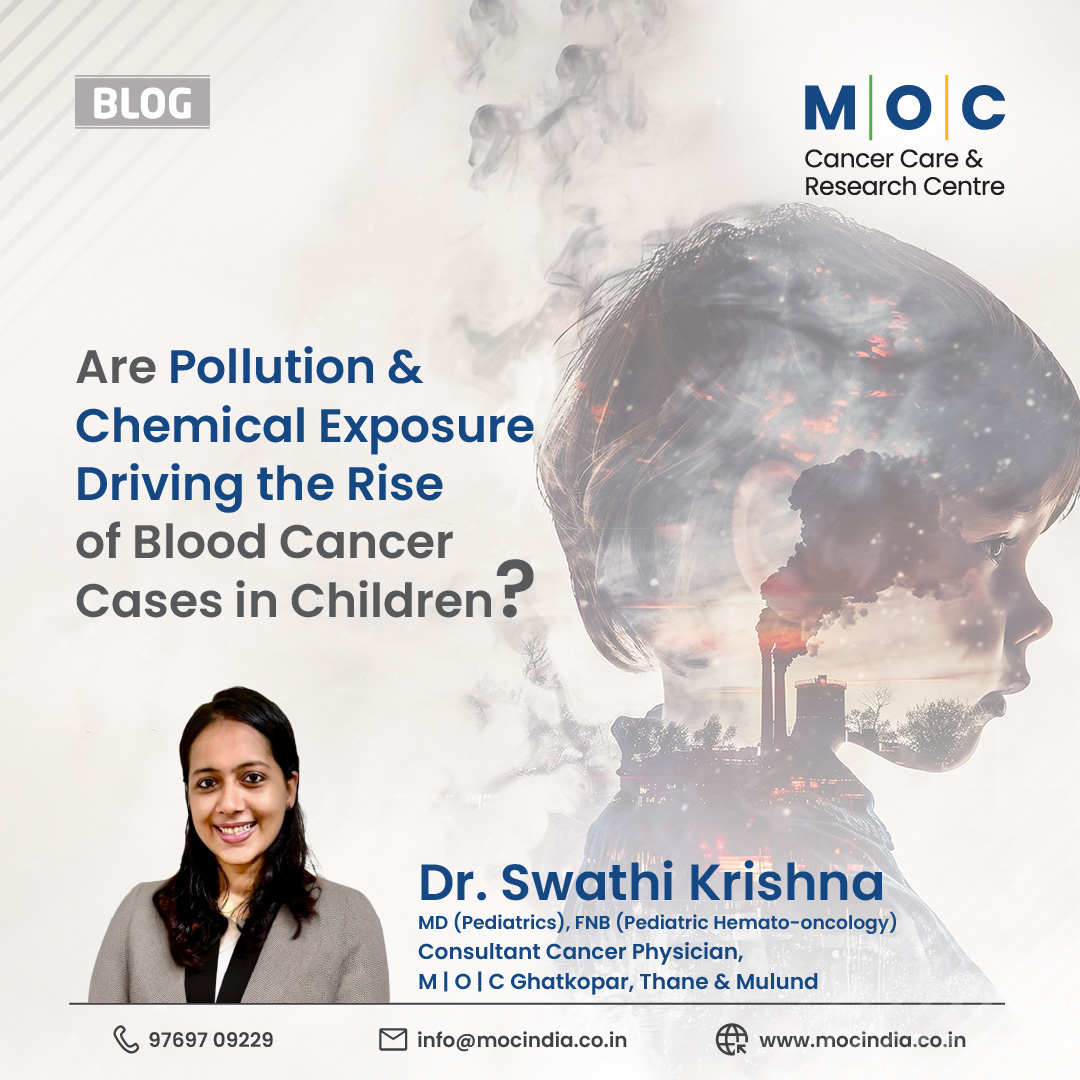Guidelines for Cancer Prevention- Dr. Smit Sheth, Cancer Specialist



India had an estimated 1.16 million new cancer cases in 2018, according to a report by the World Health Organization (WHO), which estimates that 1 in 10 Indians will develop cancer during their lifetime and 1 in 15 will die of this disease. Cancer is a 3rd leading cause of death after Cardiovascular disease and COPD. Up to 60% of total cancer cases are preventable, and thus, prevention has a major role to play in cancer control. Prevention offers the most cost-effective long-term strategy for the control of cancer .The top five cancers in men [Oral cavity, Lung, Stomach, Colorectal and Esophagus cancer] and women [Breast, Oral cavity, Cervix, Lung and Stomach] account for 47.2% of all cancers; these cancers can be prevented, screened for and/or detected early and treated at an early stage. Out of the total cancer cases nearly 45% in males and 20% in females are due to tobacco use.
So, let's go through some of the recommendations that will help in cancer prevention
Keep body weight within the healthy range and avoid weight gain in adult life. The dietary factors associated with excess body fat include sugar-sweetened beverages and fast-foods. Aerobic physical activity, including walking, is associated with a lower risk of obesity, whereas sedentary behaviors and greater screen time are associated with higher risk. The WHO classification for adults defines overweight as a BMI of 25.0 to 29.9 kg and defines obesity as a BMI >30 kg. Cancer associated with excess body weight include Breast, Endometrium, Kidney, Colon, Stomach, Gall bladder, Ovary, Esophagus and few others. Only cigarette smoking accounts for a higher percentage of cancer cases than obesity.
Physical Activity - Be physically active!
Adults should engage in 150 to 300 minutes of moderate-intensity physical activity per week, or 75 to 150 minutes of vigorous-intensity physical activity. Children and adolescents should engage in at least 1 hour of moderate or vigorous-intensity activity each day. Limit sedentary behaviors such as sitting, lying down, and watching television and other forms of screen-based entertainment. Physical inactivity is associated with increased risk of Colon, Breast, Kidney, Endometrium and Esophagus cancer. Prolonged sitting time has been associated with early death, type 2 diabetes, and cardiovascular disease. A physically active lifestyle may also lower a person's risk of other health problems such as heart disease, high blood pressure, diabetes, and osteoporosis (bone thinning).
Diet and Dietary Patterns: Follow a healthy eating pattern at all ages. Foods that are high in nutrients in amounts help achieve and maintain a healthy body weight. Eat a colorful variety of vegetables and fruits, and plenty of whole grains and brown rice. Avoid foods that contain Red and processed meats, Sugar-sweetened beverages and refined grain products. 4-5% of cancer cases are related to poor diet choices. Plant based foods are associated with decreased risk of breast and colon cancer. Vegetables and fruits contain numerous vitamins, minerals and fiber that may help prevent cancer. Vegetables and fruits may also lower cancer risk by their effects on calorie intake and body weight. Many vegetables and fruits are low in calories and high in fiber, as well as having a high-water content. This may help lower overall calorie intake, and thus help with weight loss and keeping unwanted weight off. For cancer risk reduction consume at least 2? to 3 cups of vegetables and 1? to 2 cups of fruit each day, depending on calorie requirements. Each 30 g per day consumption of whole grains was estimated to lower the risk of colorectal cancer by 5%. One report suggested that processed meat is ?convincingly? related to colorectal cancer and that red meat ?probably? increases colorectal cancer risk.
Alcohol Consumption: It is best not to drink alcohol.
People who do choose to drink alcohol should limit their consumption to no more than 1 drink per day for women and 2 drinks per day for men. Alcohol consumption is the third major modifiable cancer risk factor after tobacco use and excess body weight. Alcohol consumption is associated with increased risk of Oral cavity, Esophagus, Liver and Breast cancer.
Smoking:
Smoking is associated with increased risk of Lung, Oral cavity, Esophagus, Stomach, Kidney, Colon and many other cancers. Adults who are exposed to secondhand smoke at home or at work increase their risk of developing lung cancer by 20% to 30%. Concentrations of many cancer-causing and toxic chemicals are higher in secondhand smoke than in the smoke inhaled by smokers. Smoking cessation leads to reduced risk of most tobacco-related cancer and a decrease in all-cause mortality. The health benefits of quitting can be seen at all ages and can be measured almost immediately after cessation. Adopting these healthy habits, being aware of signs and symptoms of cancer along with regular screening of various cancer could lead to decrease in risk of cancer during one?s lifetime.
Dr. Smit Sheth
Consultant Cancer Specialist
Mumbai Oncocare Centre
drsmitsheth@mocindia.co.in
7400424333 / 02225301090
www.mocindia.co.in
Latest Blogs
-
![Nidar Naari is a movement initiated by M|O|C Cancer Care & Research Centre]()

- 10th Feb, 2026
- Nidar Naari is a movement initiated by M|O|C Cancer Care & Research Centre
-
![Cervical Cancer Awareness Month- January 2026]()

- 23rd Jan, 2026
- Cervical Cancer Awareness Month- January 2026
-
![Why Vaccinating Boys Against HPV is a Win for Everyone ?]()

- 20th Jan, 2026
- Why Vaccinating Boys Against HPV is a Win for Everyone ?
-
![Are Pollution and Chemical Exposure Driving the Rise of Blood Cancer Cases in Children?]()

- 17th Jan, 2026
- Are Pollution and Chemical Exposure Driving the Rise of Blood Cancer Cases in Children?
-
![Significant Advancements in Cancer Treatment in 2025- Dr Kunal Jobanputra- M|O|C Kemps Corner and Mahim]()

- 12th Jan, 2026
- Significant Advancements in Cancer Treatment in 2025- Dr Kunal Jobanputra- M|O|C Kemps Corner and Mahim
-
![Managing sleep disturbances during and after cancer treatment]()

- 11th Dec, 2025
- Managing sleep disturbances during and after cancer treatment
Book Your Appointment








